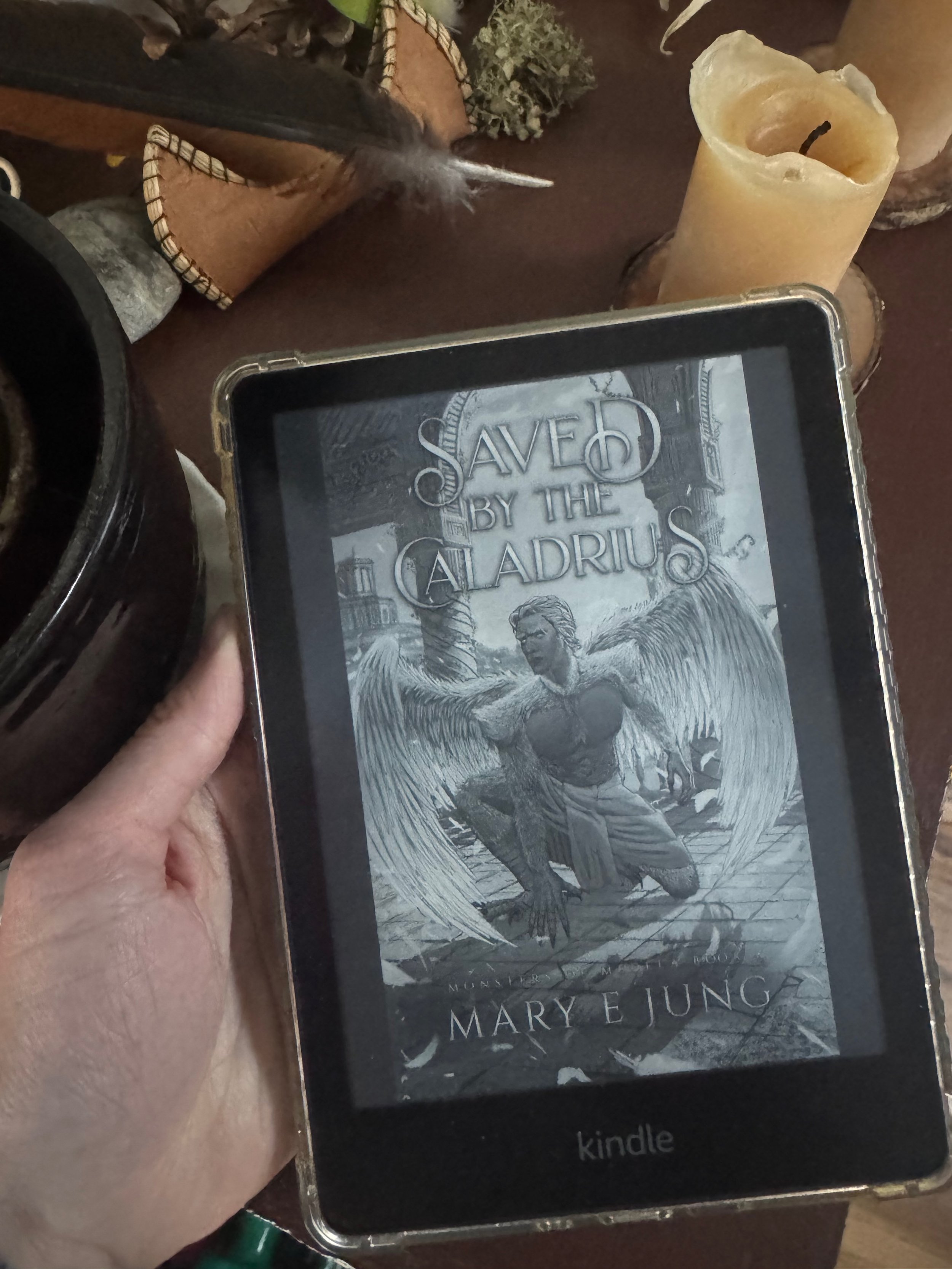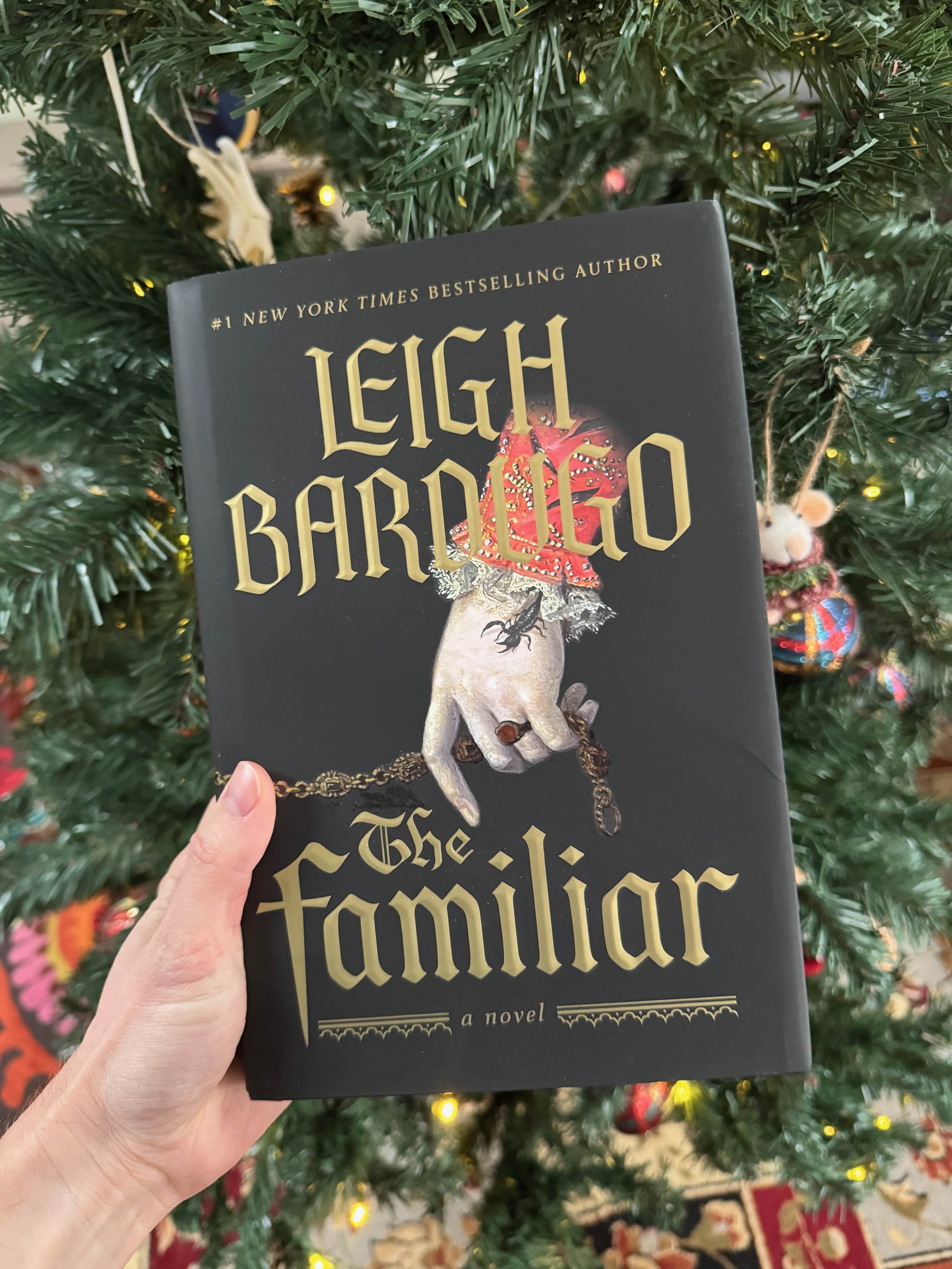M. L. Wang: Indie-Turned-Trad Author
From self-published indie author to landing a deal with Del Rey—an imprint of Penguin Random House and one of the biggest names in sci-fi and fantasy publishing—Maya Lin Wang’s journey is an inspiration for independent authors everywhere. If you’re into epic world-building, morally complex characters, and breathtakingly real fight scenes, you’ve probably come across her work. And if you haven’t, well… you’re welcome.
With The Sword of Kaigen (2019) and Blood Over Bright Haven (2023), Wang has become a leading voice in the fantasy genre. Her books boast an impressive 4.44/5 average on Goodreads, and for good reason. She’s the kind of writer who makes you feel every battle, every heartbreak, and every victory.
M.L. Wang
M.L. Wang is known for her YA and Adult fantasy novels. She’s a winner of the fifth annual Mark Lawrence Self-Published Fantasy Blog Off (SPFBO), as well as a NYT Bestselling Author.
One of the coolest things about Wang? She’s not just writing about fight scenes—she’s lived them. Not only is she a trained martial artist, but she took actual sword-fighting classes to make her combat sequences as authentic as possible! No inconsistencies, no conveniently choreographed moves—just true, raw brilliance that makes you forget you’re reading fiction.
Beyond her technical skill, Wang brings a deeply personal perspective to her work. As a queer, mixed Chinese-American writer, she doesn’t just replicate the same old fantasy tropes—she reshapes them. She breaks traditional gender roles, she incorporates morally complex characters, and even goes as far as to bend traditional tropes like “the chosen one” and other Western fantasy norms. Growing up in the U.S. with a Han Chinese father and an American mother, she openly acknowledges that her voice isn’t “traditionally Asian” but distinctly Asian-American. I think the fact that she highlights this on her own website is a distinctive mark of her character and the authenticity of her own voice and how she relates to her stories. Rather than adhering to rigid expectations of what an “Asian” fantasy should look like, Wang embraces the in-between to create stories that are entirely her own.
In an industry that often sidelines diverse voices or forces them into a box, Wang is doing something different: telling her stories, her way. And if her track record is anything to go by, she’s only getting started. You can find all of her books on her website (although she does not do direct purchasing, her website will link you to her preferred seller.)




